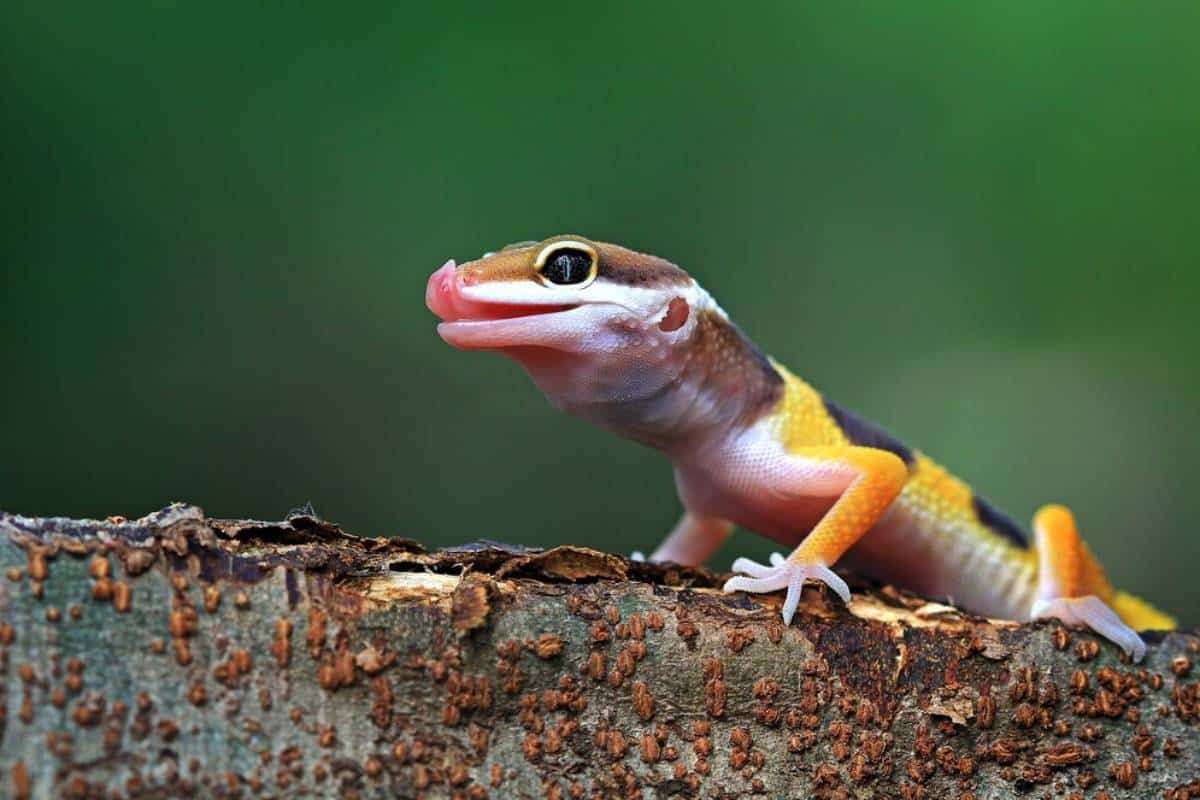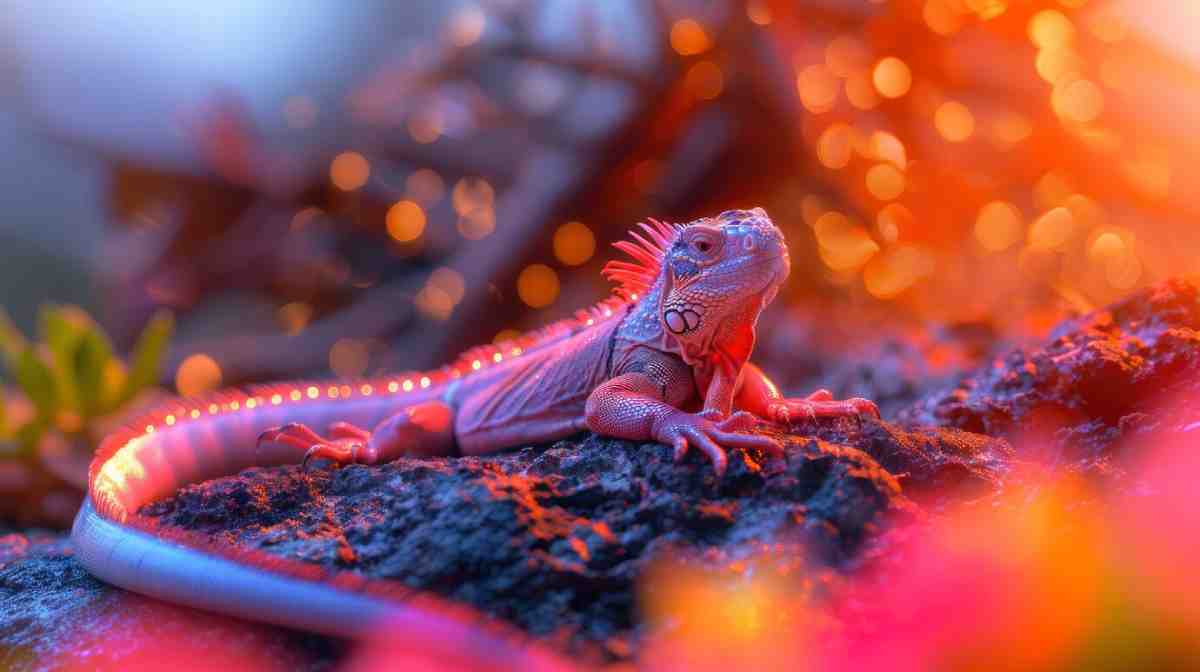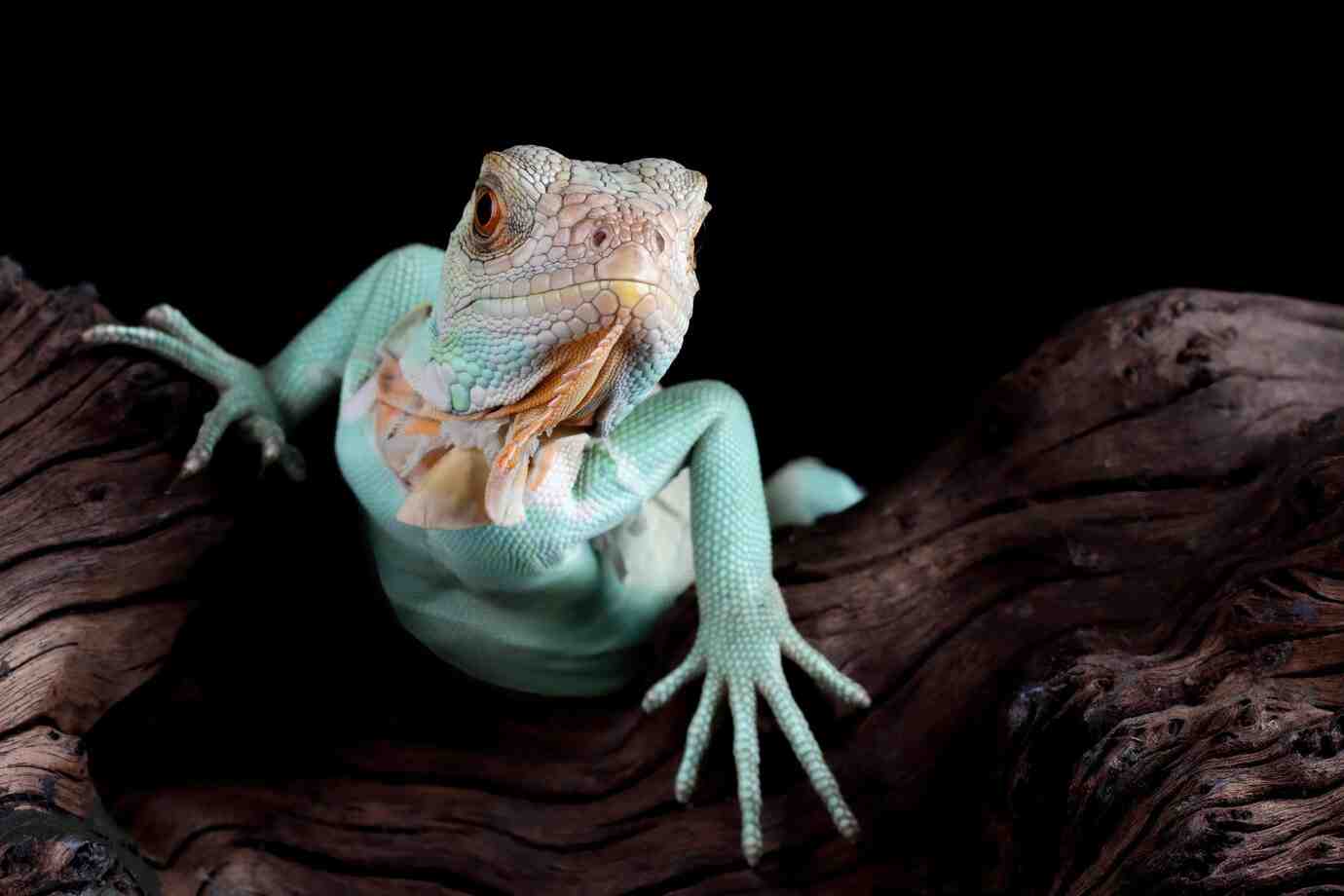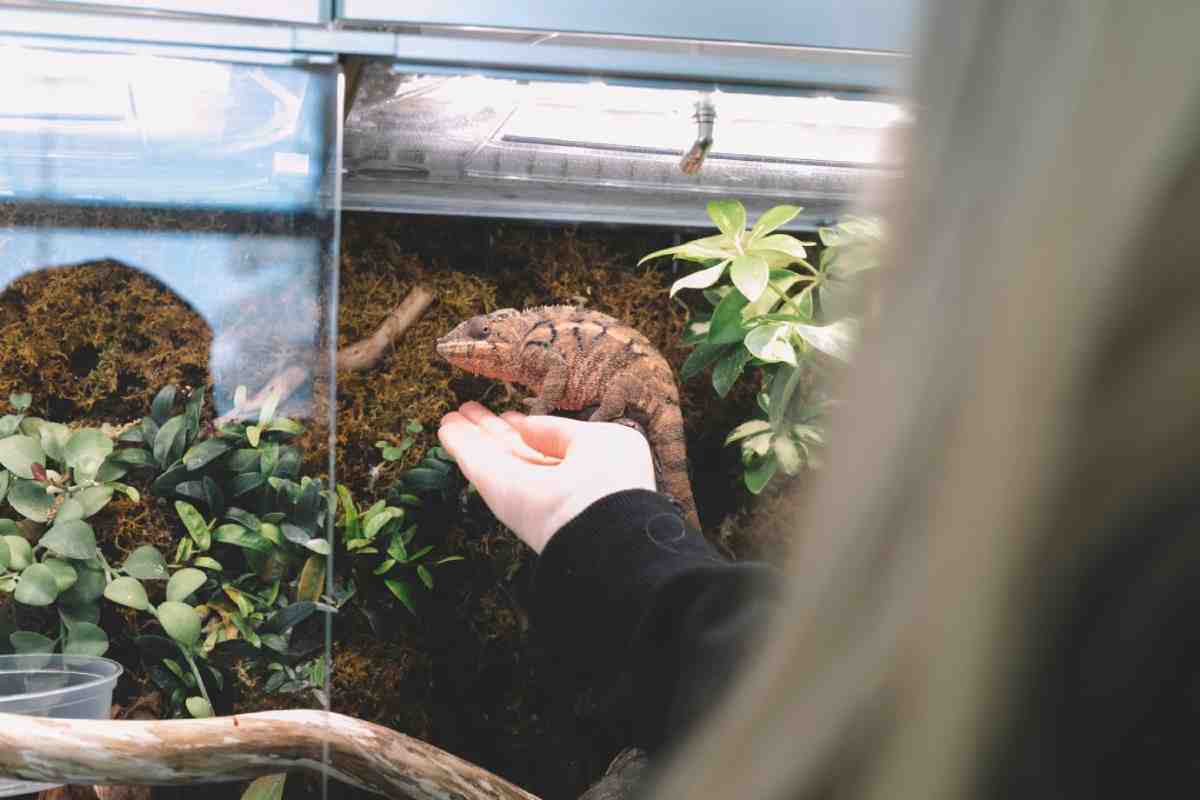
Supporting Reptile Conservation Efforts
Reptiles are amazing. From tiny geckos to giant tortoises, they come in all shapes and sizes. But many of them are in trouble. Their homes are disappearing, they’re being captured for the pet trade, and people often don’t understand them.
If you own a reptile or just care about wildlife, there’s a lot you can do. This guide will show you how to support reptile conservation, take part in protecting reptile habitats, and practice ethical reptile ownership at home.
Why Reptile Conservation Is Important
Reptiles are a big part of the natural world. They help control insects and rodents, spread seeds, and keep ecosystems in balance. But nearly 1 in 5 reptile species is at risk of extinction.
When reptiles disappear, it affects more than just them. It affects plants, other animals, and even people. That’s why conservation matters — and why your actions can help.
What’s Threatening Reptiles?
To protect reptiles, we need to understand what’s putting them in danger.
1. Habitat Loss
This is the biggest threat. Forests, deserts, and wetlands are being cleared for roads, farms, and cities. When reptiles lose their homes, they often can’t survive.
What you can do: Support groups that save wild spaces. Avoid products made by cutting down forests, like unsustainable palm oil.
2. Climate Change
Rising temperatures and changing weather affect reptiles, especially those that rely on warm sunlight to stay active. It also affects how they breed.
What you can do: Use less energy at home, plant trees, and talk to others about climate change and how it affects wildlife.
3. Illegal Pet Trade
Every year, thousands of reptiles are taken from the wild and sold. Many don’t survive the journey. This hurts wild populations and spreads disease.
What you can do: Only buy captive-bred reptiles from trusted sources. Never buy wild-caught reptiles unless they’re part of an official rescue or conservation program.
4. Fear and Misinformation
Some people hurt snakes or lizards because they don’t understand them. This leads to unnecessary killings.
What you can do: Share facts about reptiles. Help people see they are helpful, not harmful.
What Is Ethical Reptile Ownership?
Ethical reptile ownership means caring for your pet in a way that keeps it healthy and does no harm to wild reptiles or the environment.
It also means thinking before buying — and choosing to support good practices over fast or cheap ones.
Be an Ethical Reptile Owner

1. Buy from Responsible Breeders
Choose breeders who care about their animals. They should offer clean environments, answer your questions, and show where their reptiles come from.
2. Learn Before You Buy
Some reptiles live 20 years or more. Others grow large or need special care. Make sure you understand your reptile’s needs before bringing it home.
3. Provide a Proper Home
Avoid tiny, bare enclosures. Reptiles need heat, light, space, and places to hide or climb. A comfortable tank keeps them calm and healthy.
4. Don’t Breed Without a Plan
Breeding reptiles may sound fun, but it can lead to overcrowding or unwanted pets. Only breed if you know what you’re doing and have homes lined up.
5. Never Release Pets
Letting a reptile go in the wild may sound kind — but it’s dangerous. It can harm native species and spread disease. Always rehome through a rescue or breeder if you can’t keep your pet.
Help Reptile Conservation in the Wild
You don’t need to work for a zoo to help save reptiles. Here are simple things anyone can do.
1. Support Reptile Conservation Groups
Many organisations work hard to save reptiles. They protect habitats, stop poaching, and teach people about reptiles.
You can help by:
- Donating money
- Sharing their posts on social media
- Buying merch that supports their work
Good organisations include:
- Turtle Survival Alliance
- The Amphibian and Reptile Conservancy
- Wildlife Conservation Society
- IUCN Reptile Specialist Group
2. Protect Reptile Habitats
You can’t protect every forest — but you can make smart choices.
Try this:
- Use less paper and plastic
- Eat less meat and more local foods
- Avoid products linked to deforestation
- Recycle and reduce waste
- Plant native trees or shrubs in your yard
3. Educate Others
Every time you share a cool fact about snakes, lizards, or turtles, you help change how people see reptiles.
You can:
- Show friends your pet and explain how it lives
- Share fun facts or videos online
- Correct myths kindly (“No, most snakes aren’t dangerous!”)
- Encourage others to adopt — or research first
4. Clean Up Natural Spaces
Trash hurts wild reptiles. It pollutes their water and land. Join or organise a clean-up day at a park, stream, or trail near you.
Every piece of plastic or litter you pick up makes a difference.
5. Support Responsible Laws
Some laws protect reptiles. Others don’t. Pay attention to what’s happening in your area.
You can:
- Sign petitions to protect wildlife
- Vote for leaders who care about nature
- Contact lawmakers about banning wild animal sales or protecting parks
Everyday Actions That Help
- Use timers on lights to save energy
- Buy second-hand enclosures or supplies when you can
- Reuse packaging when shipping reptiles or supplies
- Share your knowledge in online reptile groups
- Respect all species, even the ones you don’t keep
You Can Be a Voice for Reptiles

Reptiles can’t speak for themselves. But you can speak for them. Whether you’re a reptile owner, a hobbyist, or someone who just loves wildlife, you have the power to make a difference.
By choosing ethical reptile ownership, avoiding harmful purchases, and supporting conservation groups, you help ensure that snakes, lizards, tortoises, and other reptiles have a future — both in our homes and in the wild.


